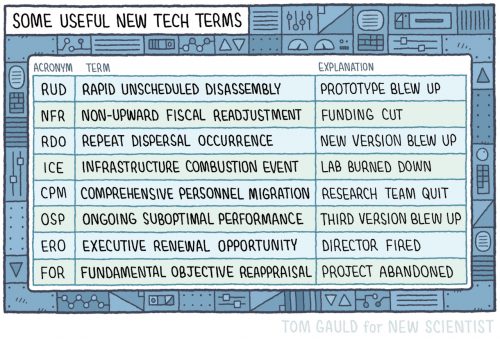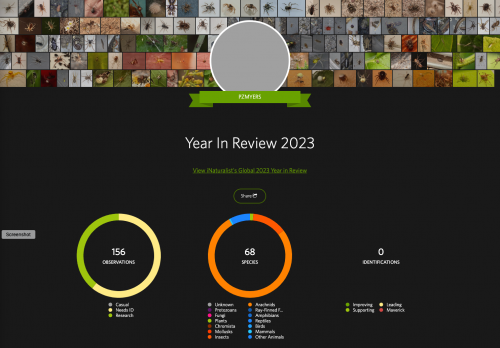After pointing out the excessive length of that otherwise praiseworthy hbomberguy video, I see that it is prompting some useful followups. For instance, here’s an academic explaining the academic perspective on plagiarism, in a mere 27 minutes.
That’s useful! I say a lot of similar things in my writing class, and I’ll probably assign this video for them to watch as homework. Plagiarism is an important problem that we try to hammer against with frequent reinforcing messages.
By the way, hbomberguy has put out a 20 minute video focused on just the Illuminaughtii plagiarism scandal. It’s amazing how this topic has caught fire on YouTube this week — some of those people who have been profiting mightily from ripping off other people’s writing had better watch out.








